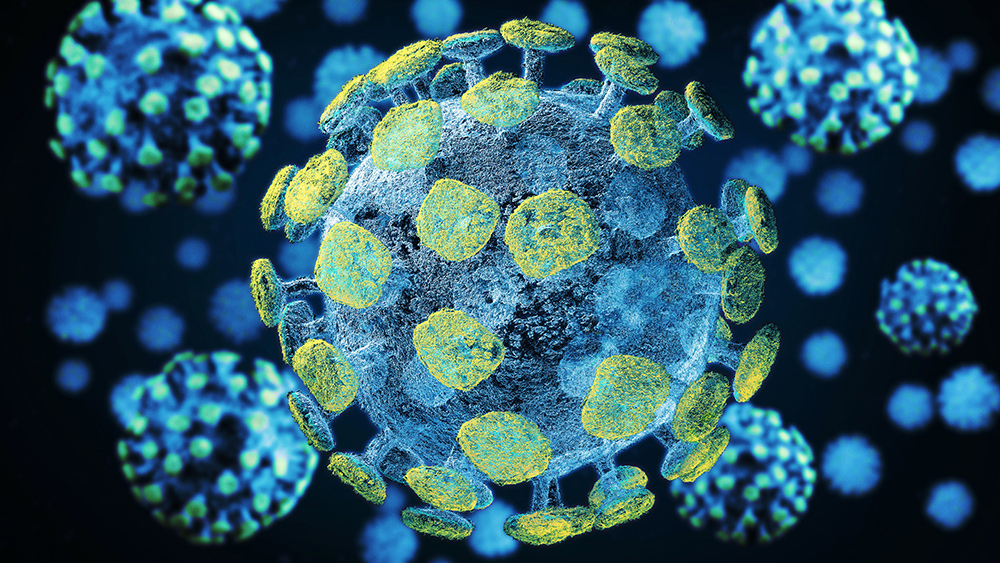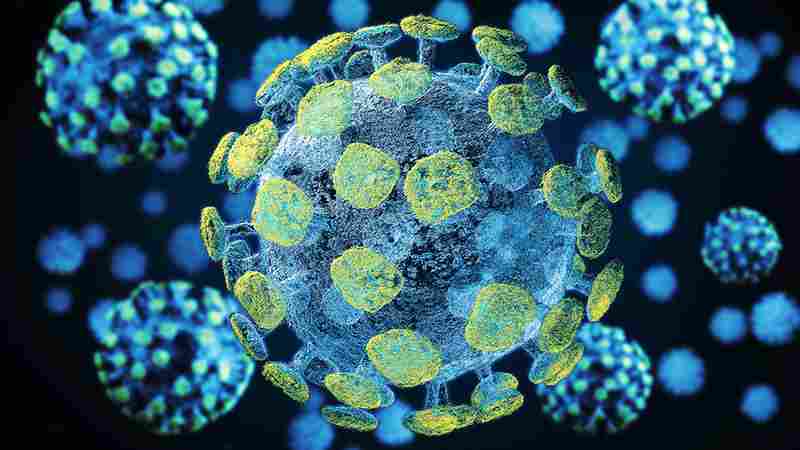
- 2020-11-26
- 0.0 Reitingas
- 740 Peržiūrų
- Aptarti
A study by British researchers found that patients may still have some form of immunity to COVID-19 long after the antibodies specific to the Wuhan coronavirus (SARS-CoV-2) have fallen below detectable levels.
Researchers from Public Health England (PHE) and the U.K. Coronavirus Immunology Consortium (UK-CIC), a public research initiative established to stem the COVID-19 pandemic, found that the T cell levels of coronavirus patients remained detectable six months after they tested positive. T cells are immune cells involved in adaptive immunity. Besides directly killing infected cells and regulating immune response, they are crucial for the development of long-term immunity against diseases.
The researchers called their findings encouraging and are “cautiously optimistic” about a possible long-term immunity to COVID-19. One of the pressing questions at this point in the pandemic is how long and to what extent infected patients are immune to reinfection, as previous studies have shown that antibodies become undetectable months after recovery.
“Early results show that T-cell responses may outlast the initial antibody response, which could have a significant impact on… immunity research,” said Dr. Shamez Ladhani, a consultant epidemiologist at PHE and one of the study authors, during a press briefing on Nov. 2.
The preprint version of the study is posted in the preprint repository, bioRxiv.
T cells still detectable half a year later
The researchers recruited volunteers from the staff at PHE to donate blood samples every month. Out of the more than 2,000 people who participated in the study, 100 later tested positive for SARS-CoV-2. More than half of those infected participants showed symptoms, although no one was hospitalized.
The researchers performed several tests on the blood samples of the infected volunteers to measure the concentration of various immune cells in their bodies. These included cells that target the viral spike protein found on SARS-CoV-2, which is the key protein that allows the coronavirus to infect human cells.
After six months, all infected participants still had detectable T cells even though the concentration of antibodies in some of them had dropped below detectable levels. The symptomatic volunteers, according to the researchers, had 50 percent more T cells than the asymptomatic volunteers. (Related: Study shows coronavirus protein can block pain, causing lack of symptoms in some.)
“Interestingly, we found that cellular immunity is stronger at this time point in those people who had symptomatic infection compared with asymptomatic cases,” said coauthor Paul Moss of the UK-CIC.
The team also found that the T cells that target the viral spike protein were very common. These T cells are of great interest to scientists due to their role in preventing reinfection.
Exploring T cell-mediated immunity
Moss said that to his team’s knowledge, their study is the first to find evidence of robust cellular immunity in people who have recovered from mild, moderate or asymptomatic COVID-19 at least half a year after infection. Previous studies have raised concerns that protection against SARS-CoV-2 may be short-lived, which means COVID-19 patients may be reinfected after recovery.
For instance, in a study of more than 60,000 COVID-19 patients, Spanish researchers found that 14 percent of those who tested positive no longer had detectable antibodies just weeks later. Meanwhile, in another study, British researchers found that only 16 percent of COVID-19 patients could mount a robust immune response 65 days after the onset of symptoms.
However, Ladhani and Moss clarified that an undetectable antibody count does not necessarily mean the antibodies vanished. In addition, the level of antibodies needed to fight off a repeat infection remains a mystery, so concentrations below the detection sensitivity of current tests can potentially be sufficient.
This also means that it’s still too early to tell whether the gradual decline and plateau of antibody levels should be a cause for concern. However, they noted that while their findings are encouraging, the study is not hard evidence that people cannot contract SARS-CoV-2 twice.
“This [cannot] be taken as confirmation of an immunity passport. Absolutely cannot do that,” said Moss. (Related: Mutated form of SARS-CoV-2 now predominates global infections.)
Charles Bangham of Imperial College London, who was not part of the study, commended the researchers for providing compelling evidence that T cells last longer than antibodies. But Bangham, like Ladhani and Moss, emphasized that the study should not be taken as proof that T cell immunity is enough to prevent reinfection.
“[The] critical question remains: Do these persistent T cells provide efficient protection against re-infection?” Bangham said.
Pandemic.news has more on the latest findings about COVID-19.
by: Virgilio Marin
Sources include:
Pasaulio naujienas kitaip... skaitykite Paranormal Telegram, FB ir X(twitter) kanale...kadangi jau perskaitėte šį straipsnį iki pabaigos, prašome Jus prisidėti prie šio darbo. Skaitykite „Paranormal.lt“ ir toliau, skirdami kad ir nedidelę paramos sumą. Paremti galite Paypal arba SMS. Kaip tai padaryti? Iš anksto dėkojame už paramą! Nepamirškite pasidalinti patikusiais tekstais su savo draugais ir pažįstamais.
Turite savo nuomone, tapk autoriumi, prisijunk ir rašykite bloge. Dalinkitės receptais, sveikatos patarimais, nutikimais, susidūrėte su nekasdieniškais reiškiniais. Galite išversti iš užsienio kalbos, talpinkite su nuoroda. Laukiame Jūsų straipsnių, naujienų, apžvalgų ar istorijų!
Susijusios naujienos
Būkite pirmi, kurie pasidalins savo nuomonėmis su kitais.
Skaityti daugiau
Skaityti daugiau
Skaityti daugiau
Skaityti daugiau
Skaityti daugiau
Skaityti daugiau
Skaityti daugiau

